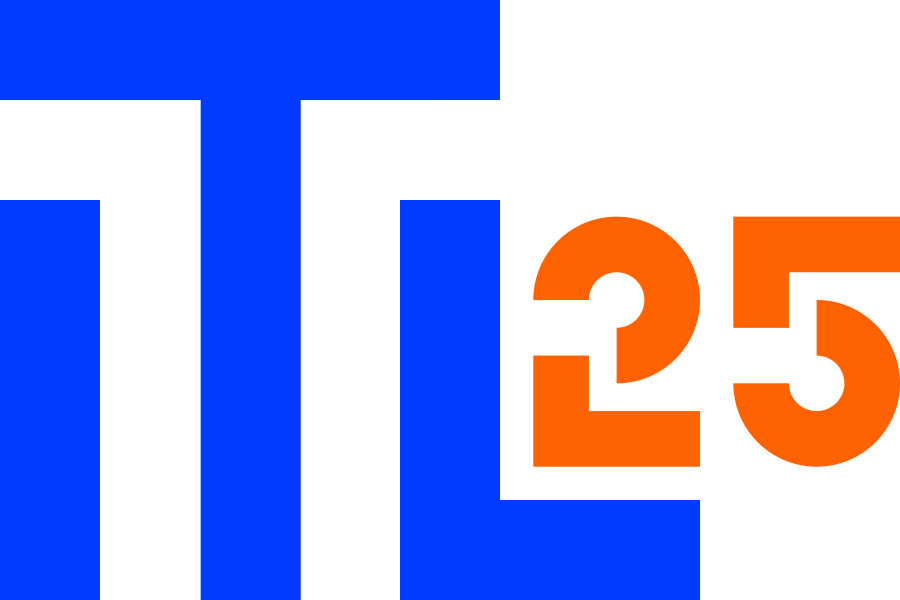Workforce and education
According to the OSKA report, to which the ICT sector contributed via ITL, seizing the opportunities presented by ICT in all areas of the economy is one of the key development opportunities in the Estonian economic landscape. ICT helps increase the competitiveness of traditional economic sectors and contributes to improving the structure of the economy. The OSKA sectoral expert panel, which was assembled with the purpose of analysing the field of ICT and making relevant proposals, presented their proposals, to which ITL has added the following required actions:
In order to maintain and increase the competitiveness of the Estonian economy, the number if ICT professionals should be increased by a factor of 1.5 compared to today. The objective is to ensure the correspondence of the number of ICT professionals to Estonian development needs in the ICT sector and other economic sectors. By 2020, the total number of ICT professionals working in the field of ICT will be 37 000.
The need for ICT professionals with master’s degrees and the ability to generate higher added value continues to increase.
The objective is to create flexible learning and working conditions and career services in order to ensure that the number of qualified ICT professionals corresponds to the development needs of the Estonian economy.
Actions required: Employers should implement working arrangements that are conducive to learning and completing studies while working. Employers should place greater value on university diplomas, and support employees’ educational pursuits by implementing working arrangements that facilitate learning.
The ICT sector needs professionals with higher and vocational education as well as a broad sectoral and cross-sectoral knowledge base and skillset.
The objective is to ensure a sufficient number of professionals who are capable of creating and implementing innovative ICT solutions.
Required action: Higher education and vocational institutions should collaborate with the representatives of employers and develop solutions to increase the interdisciplinary nature of the curricula. ICT professionals are expected to have an increasingly wider cross-sectoral knowledge base and skillset, and the ability to see the bigger picture.
Higher and vocational education should provide ICT professionals with improved practical working skills.
The objective is to ensure a rapid contribution to the workforce by those who have completed formal education and are entering the labour market.
Required action: Employers should provide educational institutions with real-life project themes (including graduation theses); more ICT sector professionals should be involved as teaching staff in order to ensure closer ties with the working world. The involvement of ICT sector professionals as teaching staff should be encouraged along with internship opportunities for teaching staff in companies.
In every sector, the Estonian economy needs professionals who are capable of ordering and applying new ICT solutions.
The objective is to ensure a sufficient number of area experts with field-specific ICT competence.
Required action: The providers of in-service training and retraining should develop training programmes in ICT skills for professionals in fields other than ICT. The greatest demand is for ICT field-specific retraining for professionals in other fields (mid-level managers of significant economic sectors, specialists), i.e. the so-called smart contractor training. Currently, this has not been actively acknowledged by employees but based on clear demand the training requirement is about 500 employees per year.
